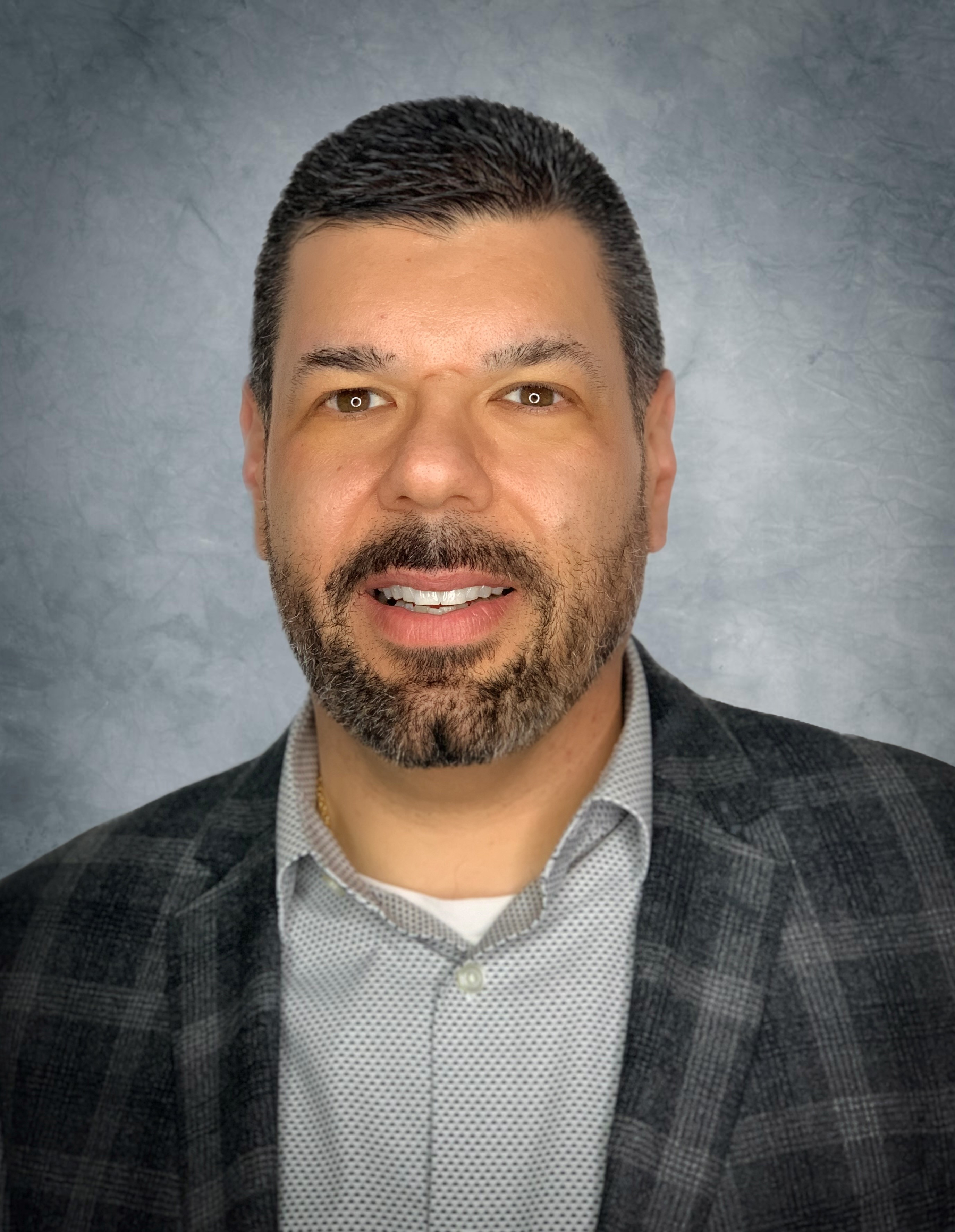Blurring Lines: Fostering a New AV Industry Dynamic

As our society shifts to become more aware of profiling and encouraging of diversity, the need to look beyond labels or preconceived notions, be more receptive toward others, and seek to listen and understand are critical steps in achieving harmony, acceptance, and productive outcomes. The same can be said for divisions within the AV industry. If everyone is looking to achieve the same goals of client success, user satisfaction, and collective achievement, the premise of looking beyond preconceived roles to working together cooperatively and reach a desired outcome would seem desirable.
While AV industry roles based on where an organization fits in a traditional sales process or relational ecosystem are valuable to provide familiar context, characterizations like technology manager, integrator, consultant, or independent programmer are inherently limiting, nondescript, and dated. By nature, these roles are defined by the understanding and perspective of others, leaving them open to varied interpretation. As a result, what are deemed typical industry personas based on their traditional definitions no longer accurately align with modern-day roles.
Related: Tips For Advancing Your AV Career
A good example of a role that has evolved greatly is that of a technology manager organization. Years ago, technology managers were considered end users who were solely looked upon as potential clients by most others in the industry. By nature, they relied upon integrators to sell, install, set up, and service their AV systems. They also gleaned product information, potential solutions, and industry training secondhand from other AV professionals who were "on the inside." While this may have been the case for most technology managers in the past, it is not the case for most now. In fact, many end-user organizations act as in-house integrators designing projects, specifying equipment, and installing, programming, and servicing their own systems.
A similar transformation has occurred for other traditional industry roles. Some integrators specialize in design work acting as consultants. Others offer in-house staffing, system monitoring, managed services, and helpdesk solutions. Consultants provide programming and commissioning services. Manufacturers are providing design, programming, and commissioning services to help ensure their products are effectively integrated.
All of these demonstrate a blurring of lines between traditional roles and are signs of industry maturation, a changing business landscape, and healthy competition that challenges everyone involved to evolve their value proposition and hone in on their niche.
Despite the boundaries becoming less defined and a progression toward breaking the traditional mold, silos still exist where "old boys clubs" act with defensive or exclusionary mindsets. Even though associations, councils, or special interest groups comprised of a single industry role or entity serve to support, represent, and address common needs, their lack of diversity can result in limited perspective, restricted contribution, and an echo chamber effect. Instead, by looking to engage with others in complementary or opposing roles, everyone can benefit from the resulting discussion leading to increased learning, valuable collaboration, shared knowledge, and new relationships.
A daily selection of features, industry news, and analysis for tech managers. Sign up below.
By encouraging sharing, collaboration, and goodwill among industry peers in all roles and capacities, supportive relationships are fostered resulting in increased knowledge, a higher degree of effectiveness, and greater outcomes across the board. For example, integrators who offer expertise and experience from installations, commissioning, service calls, or product performance can benefit technology managers seeking to implement and support their internal projects. Additionally, programmers who demonstrate coding best practices, offer technical support, or share troubleshooting techniques can educate other programmers, integrators, and technology managers looking to learn and address needs. Conversely, technology managers can help educate integrators, consultants, and programmers on their needs and pain points, as well as where they can benefit from outside help. A traditional approach or solution may still be the formula for some situations moving forward. However, it is those who are able to listen well, learn from feedback, be open to helping, and have the flexibility to adapt to a new way of doing business that will stand to benefit the most from a shift in typical industry roles.
Here are some best practices that all members of the AV industry can implement, regardless of perceived role or status, to encourage greater collaboration, entice community support, stimulate new ideas and opportunities, and nurture inclusion:
Practice Empathy
By seeking to understand others' needs, challenges, and motivation, it becomes easier to relate on various levels. What drives one's actions or behaviors is not always apparent from the outside. However, when learning more about what is important to someone and why, it becomes easier to connect and serve them.
Build a Personal Relationship
Relationships that are long standing, valued, and mutually beneficial are typically based on the old adage that "people do business with those who they know, like, and trust." By getting to know someone on a personal level, apprehension is lifted, tension subsides, and comfort level is established, leading to ease of communication and working efficiency.
Offer Help Expecting Nothing in Return
The best way to gain someone's trust, while demonstrating skills and expertise, is to be generous with knowledge. Whether by helping someone out when they are in need or simply being willing to offer time to answer questions, offering value without the expectation of receiving compensation demonstrates great character and values. Most times, the principle of reciprocity will naturally kick in providing something in return.
Don't Exploit Good Nature
Effective relationships are ones that are balanced, rather than self-serving. Those who are always looking at what's in it for them are going to struggle to get others to be trusting and vulnerable. Giving more than taking is an effective formula for any successful relationship.
Lose the Pitch
Nobody feels comfortable sharing or opening up if what they receive in return is a sales pitch. In order to gain access to someone's inner circle, they need to be able to feel safe and comfortable. There will be a time and place for presenting a solution or pursuing an opportunity, but that comes once a relationship is established and signals are provided indicating help is needed.
The days of being a closed, delineated industry where roles were restrictive, tricks of the trade were held close to the vest, technical information was protected, and solutions were proprietary is slipping way into the past. While experience and acquired knowledge are still immensely valuable, access to information is becoming readily available to all who need it.
Nowadays, outsiders are eyeing the AV industry for the opportunities it presents. In order to maintain a path to sustainability, those in AV need to be open to finding new ways to work together by leveraging established talents and knowledge to serve collective needs and support common goals, regardless of traditional roles or perceived boundaries. This is commonly known as a pivot and can seem risky, foreign, and uncomfortable in the beginning, but will ultimately lead to long-term success.
Steve Greenblatt, CTS, is president and founder of Control Concepts, a provider of specialized software and services for the audiovisual industry.
Steve Greenblatt, CTS, is president and founder of Control Concepts, a provider of specialized software and services for the audiovisual industry.

